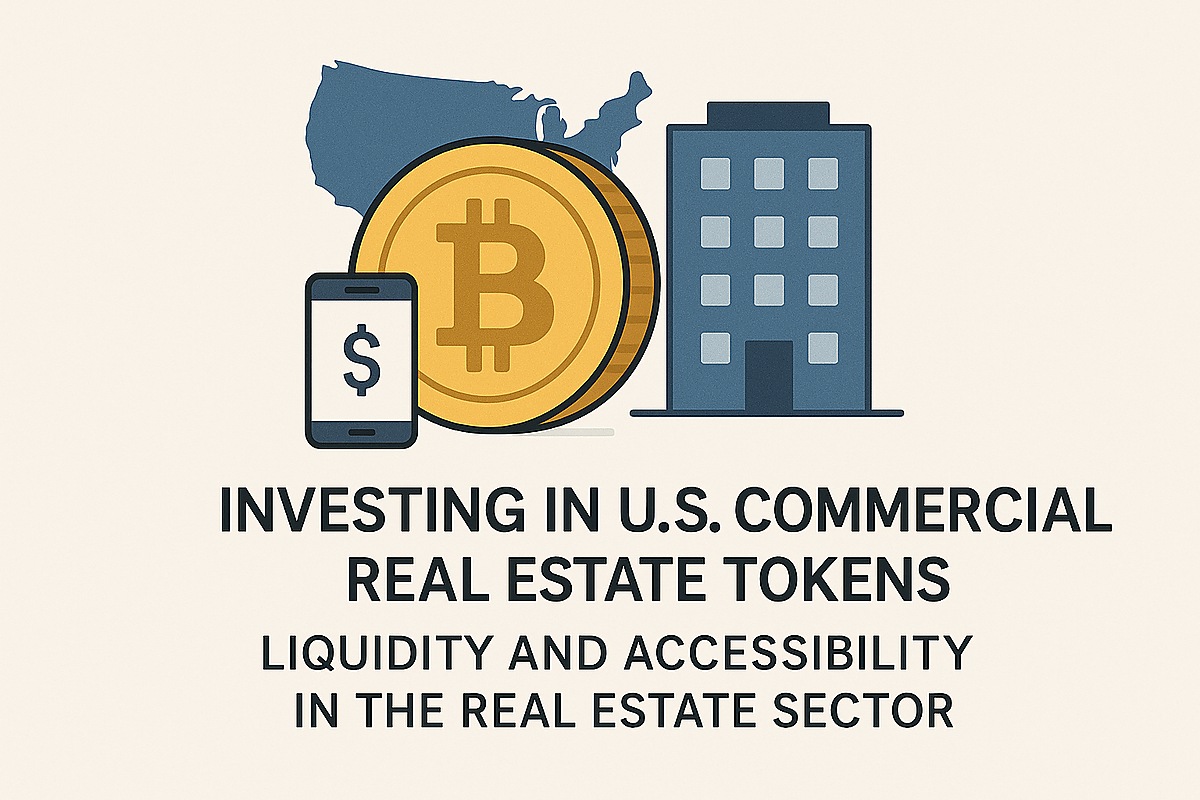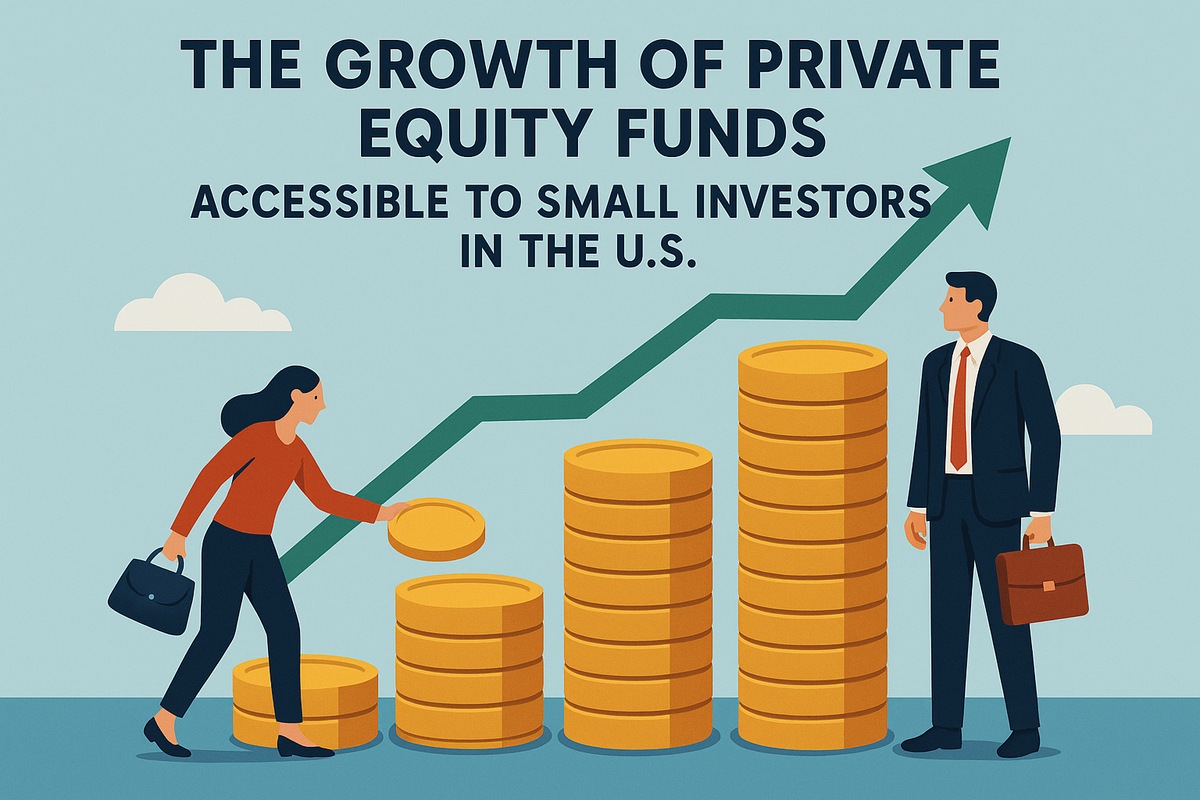
How The Entertainment And Streaming Industry Became A Target For Thematic Funds In The U.S.
Unlock new opportunities: make strategic investments in the booming entertainment and streaming sectors today!

Unlock new opportunities: make strategic investments in the booming entertainment and streaming sectors today!

Unlock potential investments with U.S. Commercial Real Estate Tokens for liquidity and accessibility today!

Invest in vertical farming today and shape the sustainable food future with smart investments!

Unlock new opportunities: Explore private equity funds to boost your investments today!

Explore investments in next-generation nuclear energy: Uncover opportunities for a sustainable 2025!

Unlock the future of finances: Discover how Payment Automation is transforming financial planning today!

The future of Digital Banks in the United States is promising, with advancements in technology, personalization, and financial inclusion driving growth and transforming traditional banking experiences.

Federal Reserve monetary policy impacts the U.S. economy by controlling money supply and influencing interest rates, affecting inflation, employment, and economic growth.

Startup financing in the American market presents notable opportunities and challenges, highlighting key factors entrepreneurs must navigate to secure funding and thrive.

The Relationship Between Inflation and Purchasing Power in the United States explores how inflation impacts the purchasing power of consumers, highlighting economic challenges and shifts in monetary value.

Financial education in U.S. schools is vital for equipping students with necessary life skills. Current initiatives focus on integrating financial literacy into curriculums to prepare students for real-world financial challenges.

Changes in interest rates significantly influence American consumers by affecting borrowing costs, savings returns, and overall economic activity, impacting purchasing decisions and financial planning.

AI’s integration into the American financial sector has significantly enhanced operational efficiency, risk management, and customer experience, transforming traditional financial services and strategies.

Strategies for diversifying investment portfolios in the USA involve spreading assets across various sectors and financial instruments to minimize risks and enhance returns. Key strategies include sector allocation, geographic diversification, and investing in different asset classes.

The evolution of the cryptocurrency market in the United States highlights significant growth, regulatory changes, and increased adoption, reflecting its impact on the financial landscape.

Fintechs in the United States are transforming credit and lending with innovative technologies, offering faster, more accessible financial services, and expanding financial inclusion for underserved populations.
